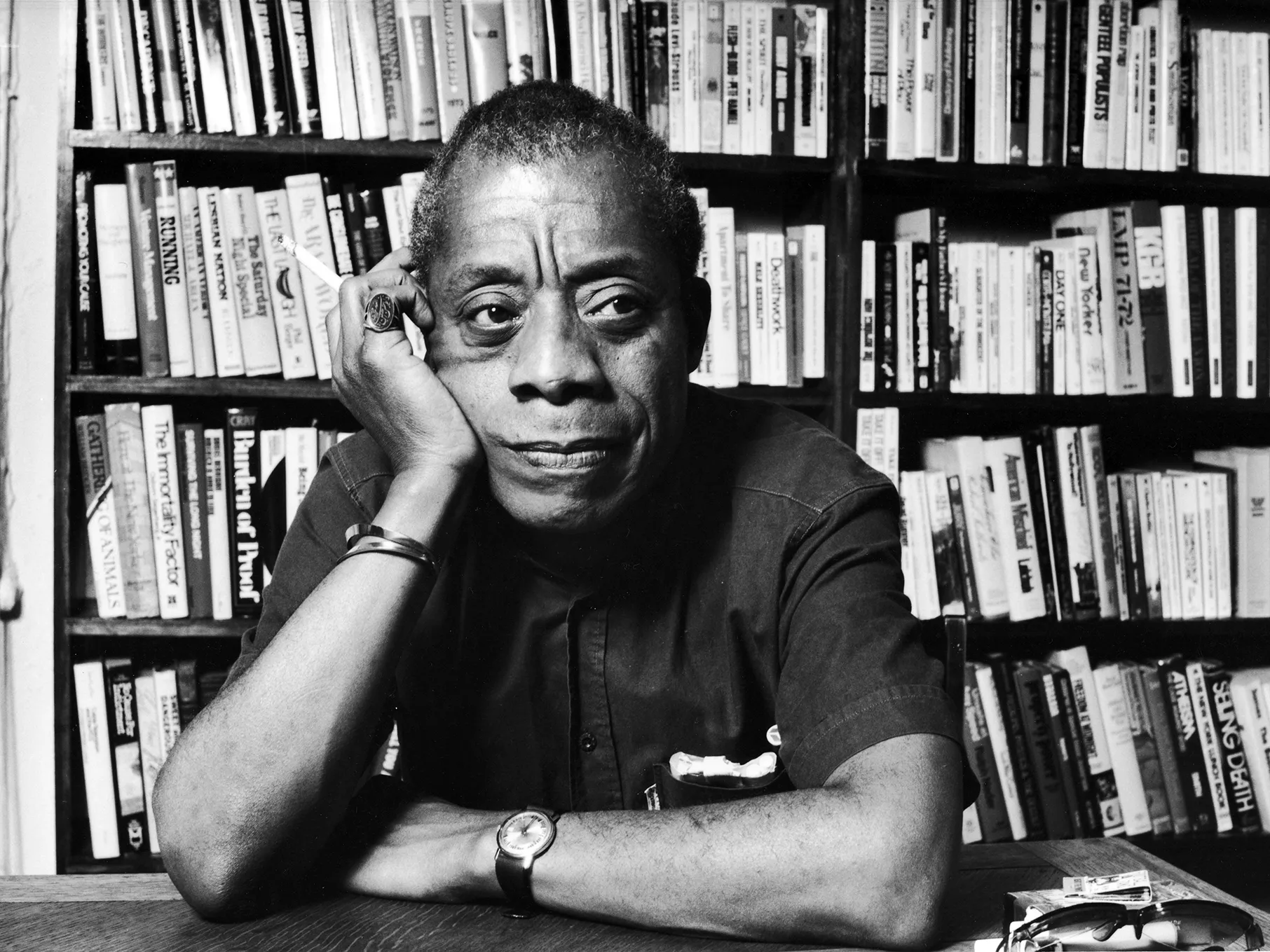Celebrating James Baldwin: A Literary Luminary and Social Critic
In the realm of American literature, James Baldwin stands as an indomitable figure, celebrated for his literary prowess, unflinching

In the realm of American literature, James Baldwin stands as an indomitable figure, celebrated for his literary prowess, unflinching social commentary, and unwavering advocacy for civil rights. As we reflect on his enduring legacy, it becomes apparent that Baldwin’s words continue to resonate deeply, transcending time and remaining as relevant today as they were during his lifetime.
Born on August 2, 1924, in Harlem, New York, James Baldwin emerged from humble beginnings to become one of the most influential voices of the 20th century. His childhood was marked by poverty and the harsh realities of racial discrimination, experiences that would profoundly shape his worldview and literary oeuvre.
Baldwin’s writing is characterized by its raw honesty and profound introspection. Through his essays, novels, and plays, he fearlessly tackled issues of race, sexuality, identity, and religion, challenging societal norms and exposing the hypocrisy and injustice inherent in American society. His debut novel, “Go Tell It on the Mountain” (1953), drew heavily from his own upbringing and explored themes of faith, family, and redemption within the context of Harlem’s African American community.
Throughout his career, Baldwin remained steadfast in his commitment to truth-telling, refusing to shy away from uncomfortable truths or sugarcoat the harsh realities of racial prejudice and systemic oppression. His seminal essay collections, including “Notes of a Native Son” (1955) and “The Fire Next Time” (1963), offered searing indictments of racism and called for radical social change.
Baldwin’s incisive intellect and eloquent prose earned him widespread acclaim and cemented his status as a literary luminary. His ability to articulate the complexities of the human experience with compassion and clarity resonated with readers of all backgrounds, transcending racial and cultural divides.
Moreover, Baldwin’s activism extended beyond the written word. He was a vocal advocate for civil rights, participating in marches, protests, and speaking engagements to demand an end to racial segregation and systemic inequality. His unwavering commitment to social justice inspired generations of activists and intellectuals to continue the fight for equality and liberation.
As we celebrate James Baldwin’s enduring legacy, it is essential to reflect on the continued relevance of his work in today’s world. Despite the progress made since his time, racial injustice and inequality persist, reminding us of the urgent need to confront and dismantle systems of oppression.
Baldwin’s writings offer invaluable insights into the complexities of race, identity, and power dynamics, challenging us to confront uncomfortable truths and strive for a more just and equitable society. His call for empathy, understanding, and solidarity remains as pertinent today as it was during the tumultuous years of the civil rights movement.
In commemorating James Baldwin, we honor not only his literary achievements but also his unwavering commitment to truth, justice, and human dignity. His words continue to illuminate the path forward, guiding us toward a future defined by compassion, equity, and shared humanity. As we navigate the challenges of our time, let us draw inspiration from Baldwin’s timeless wisdom and reaffirm our dedication to the pursuit of justice and equality for all.










